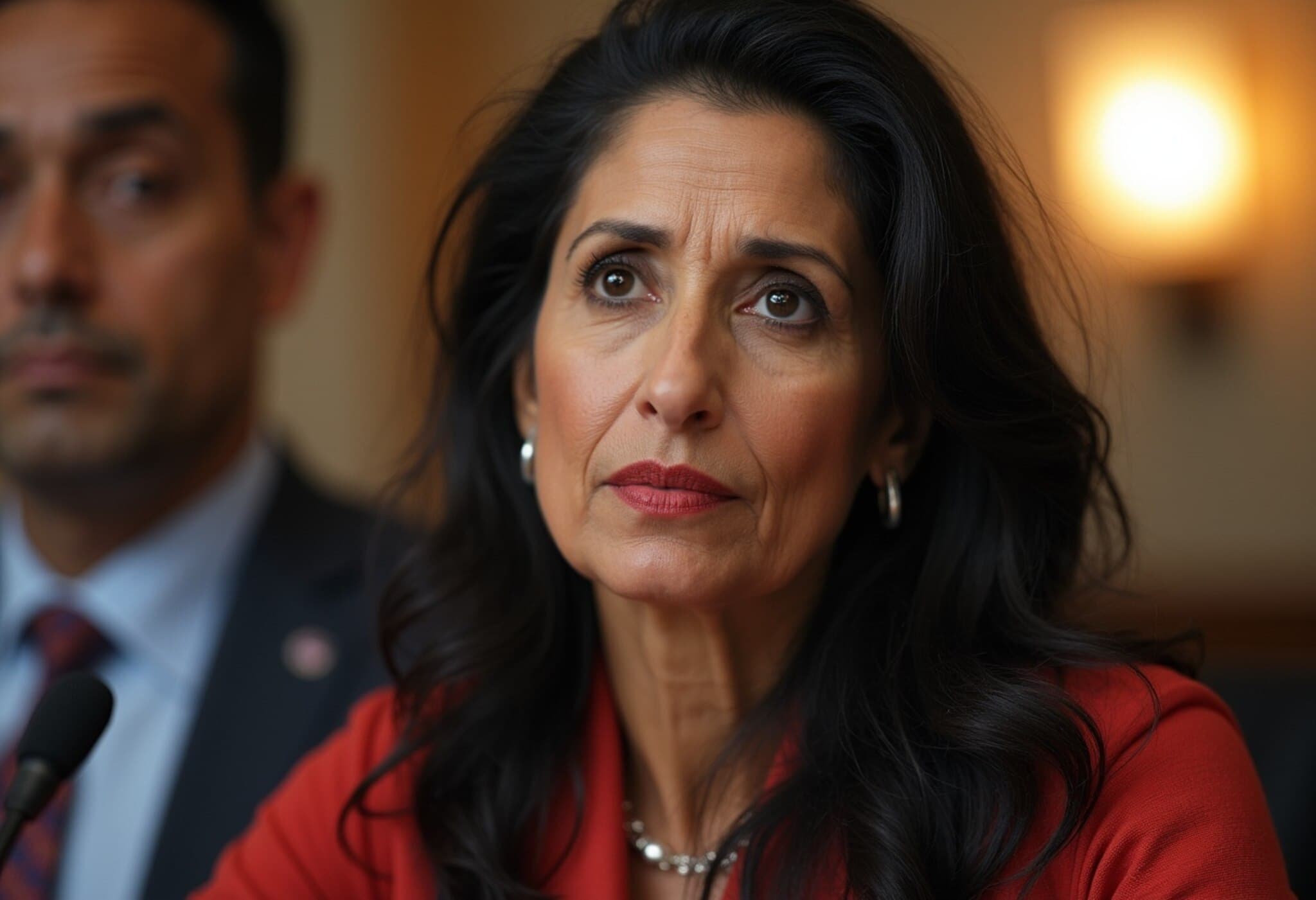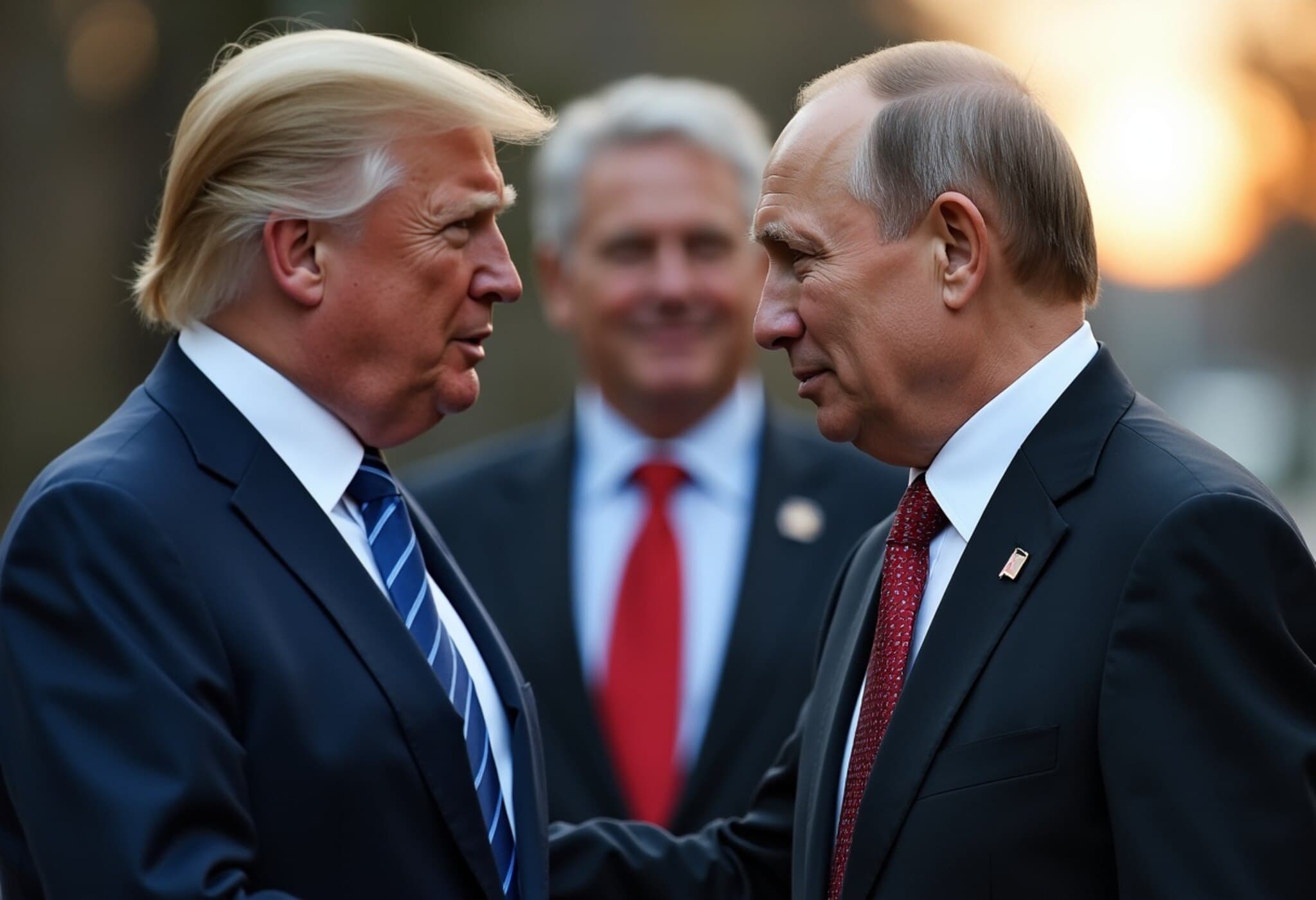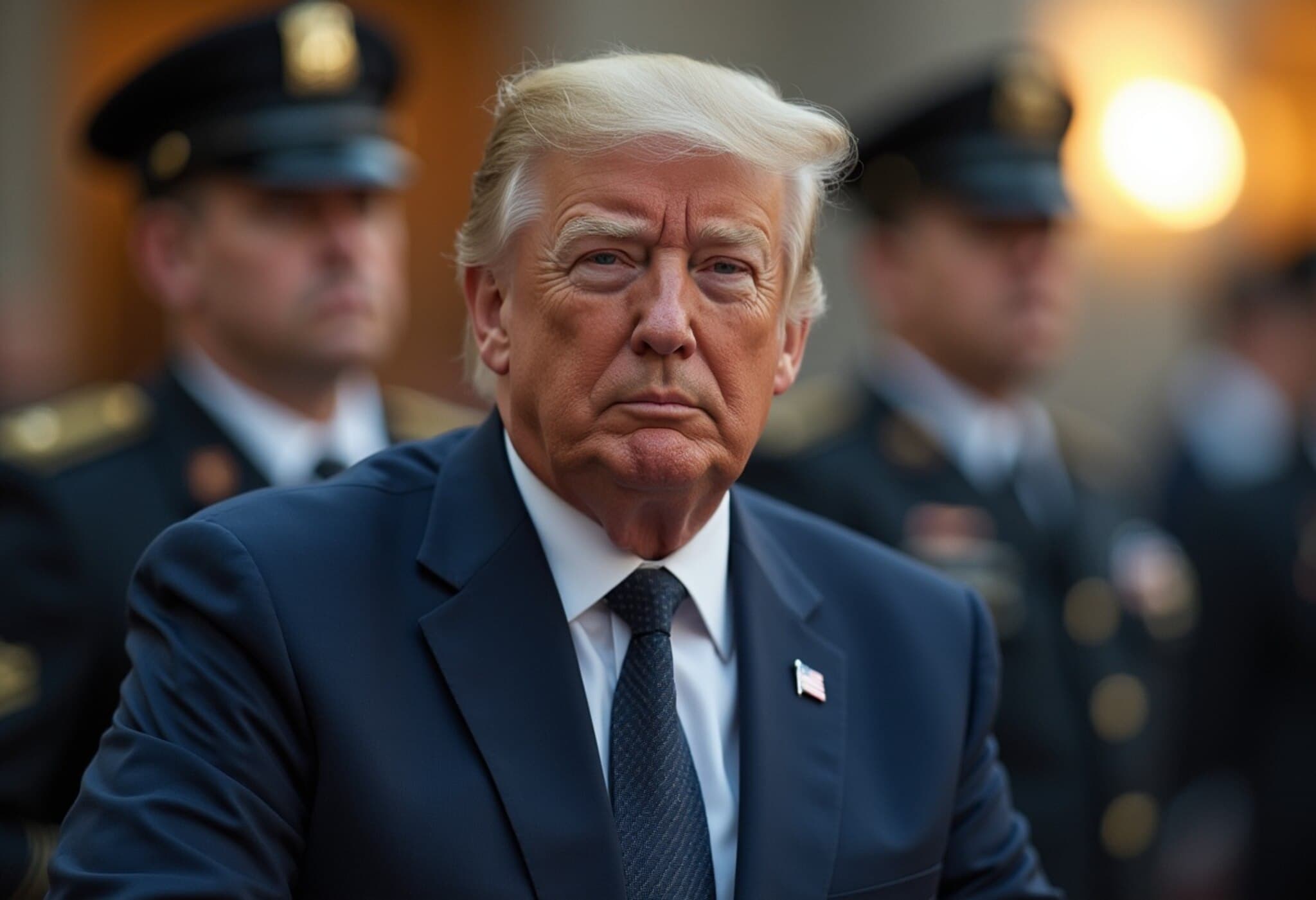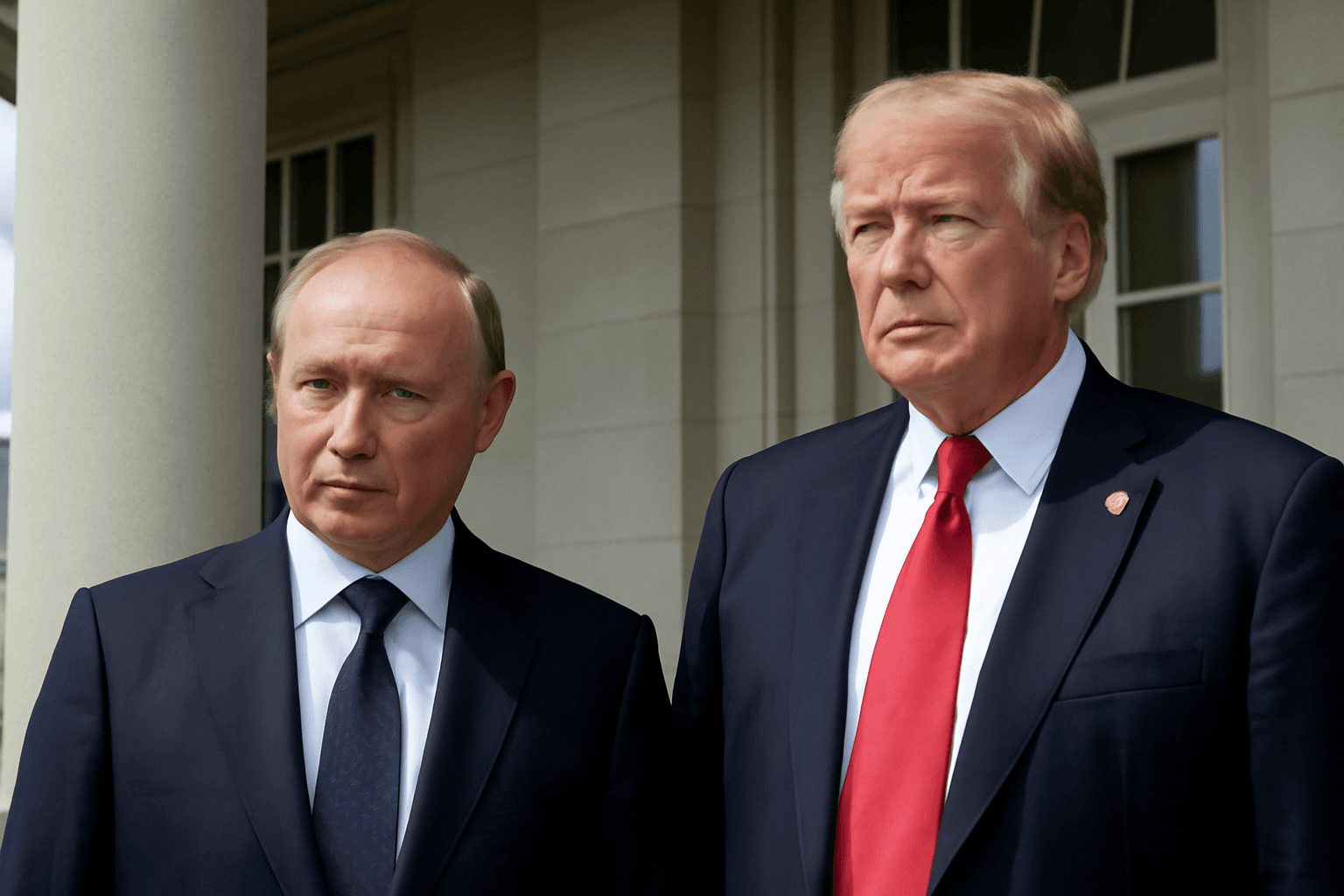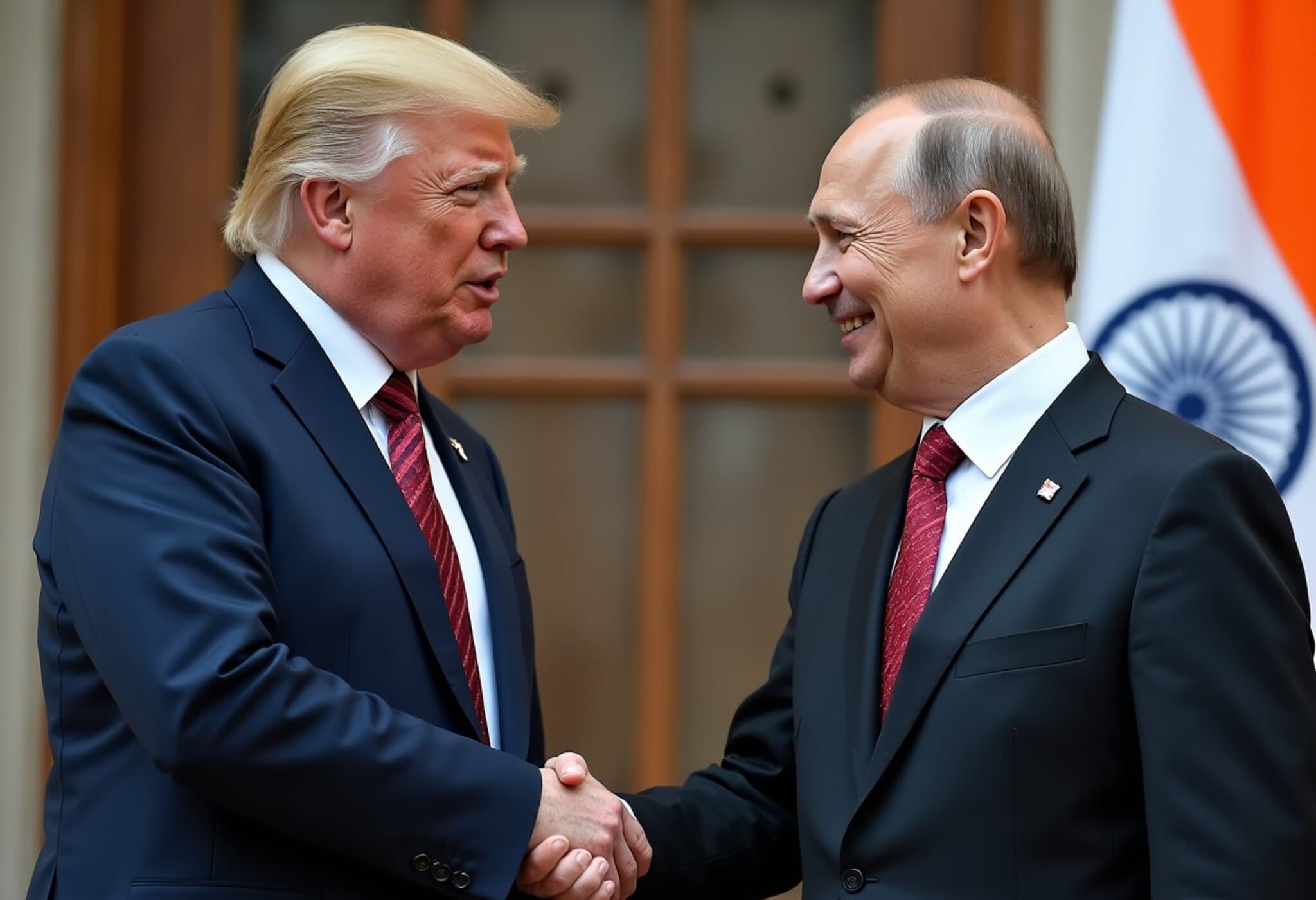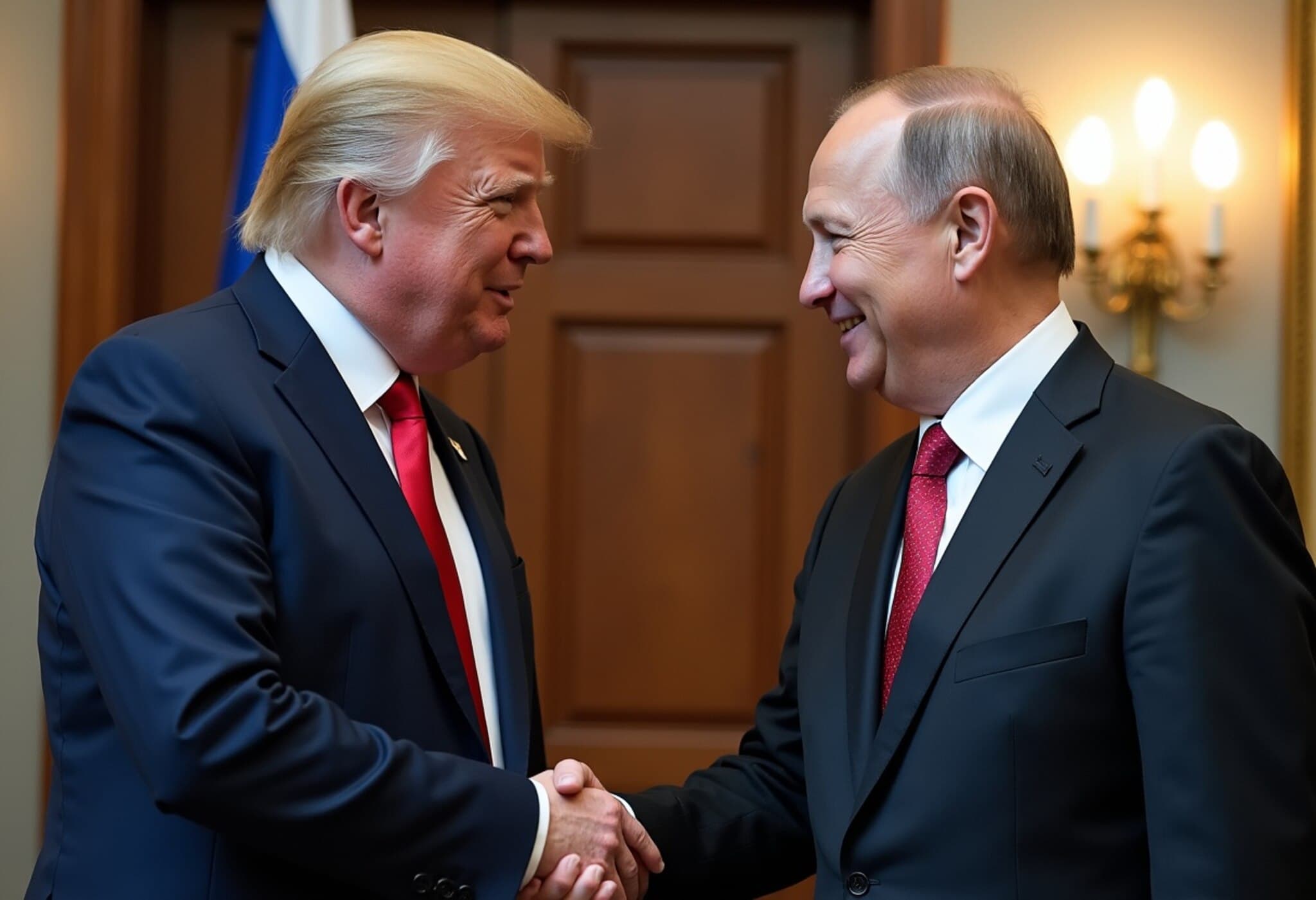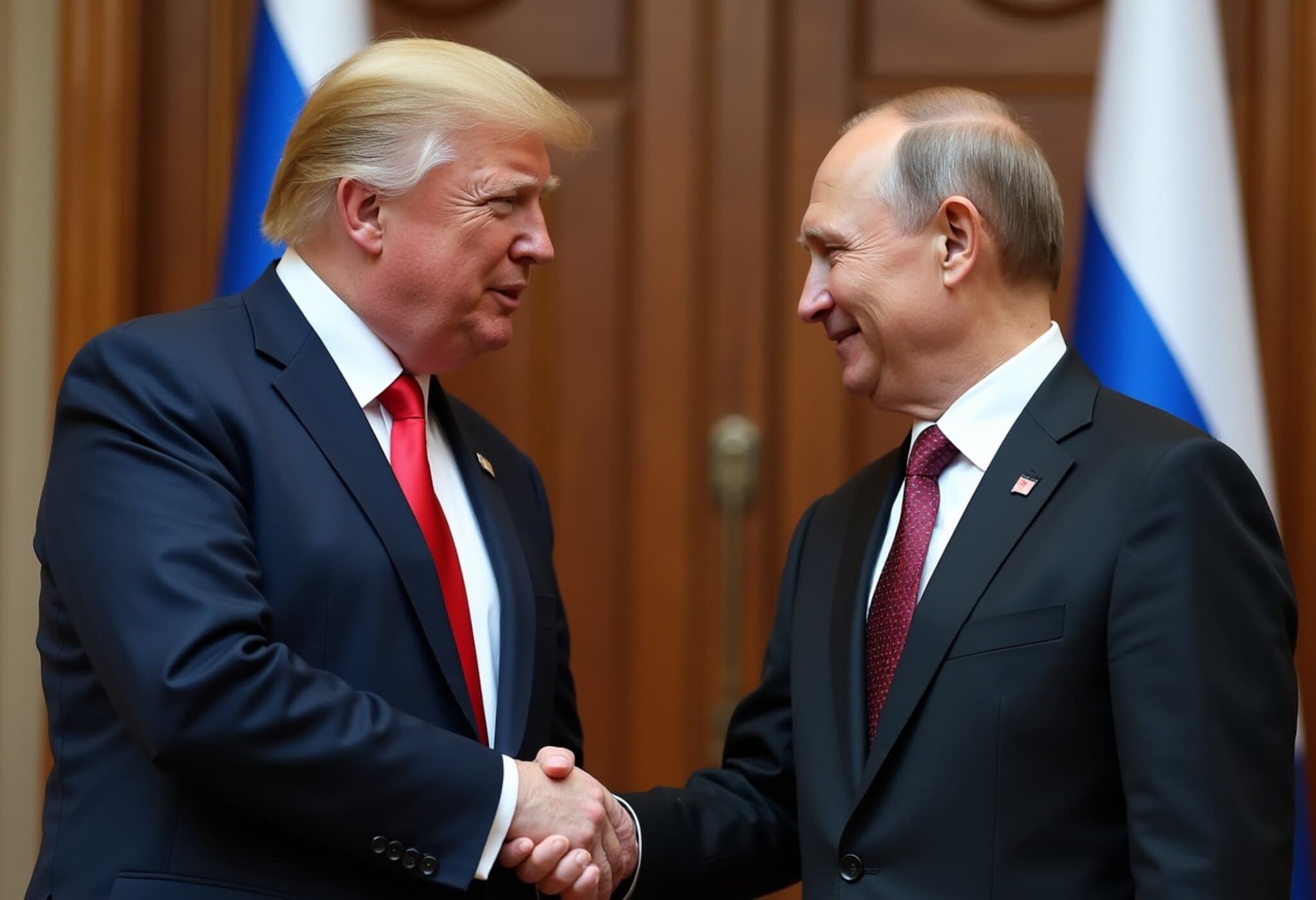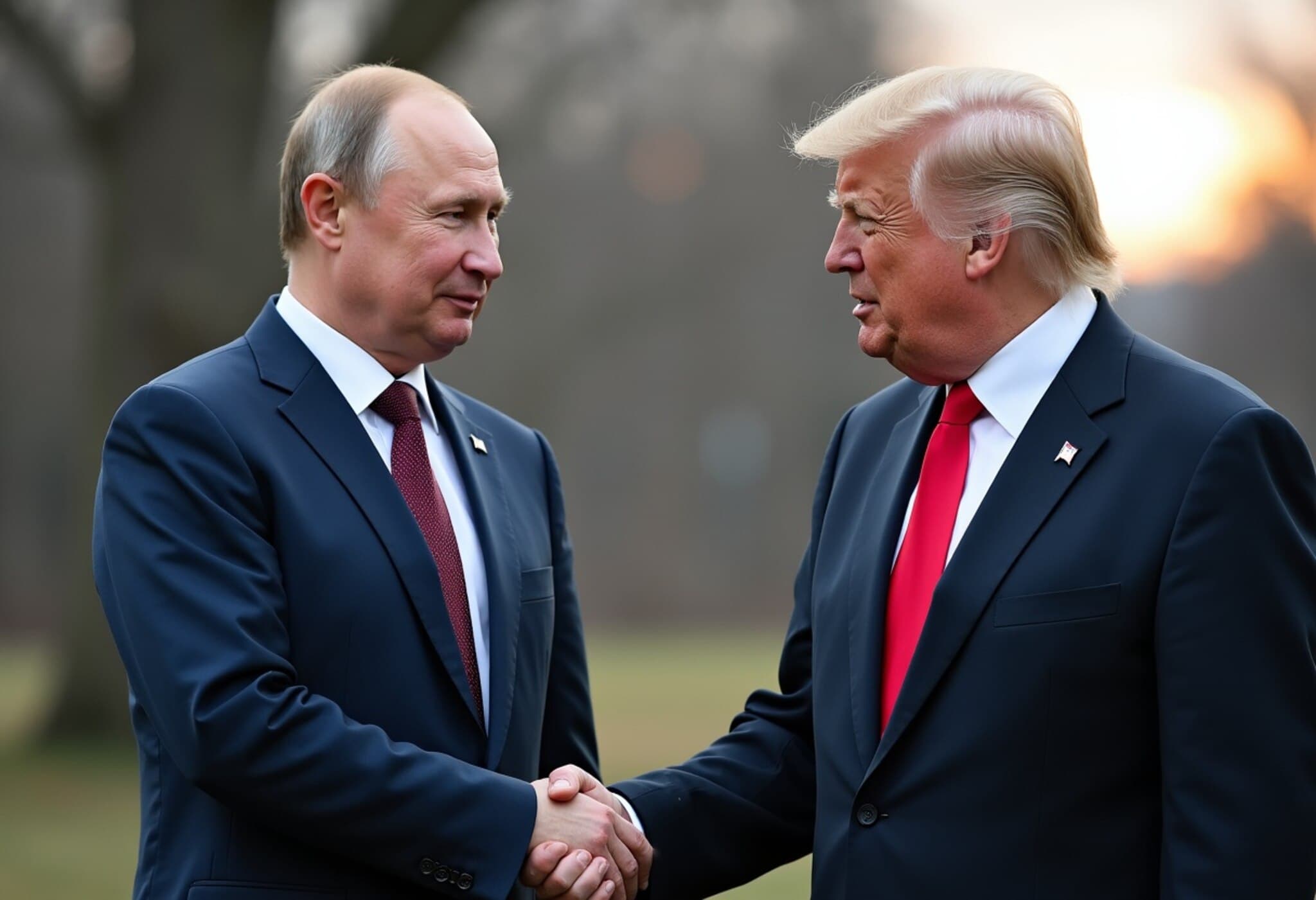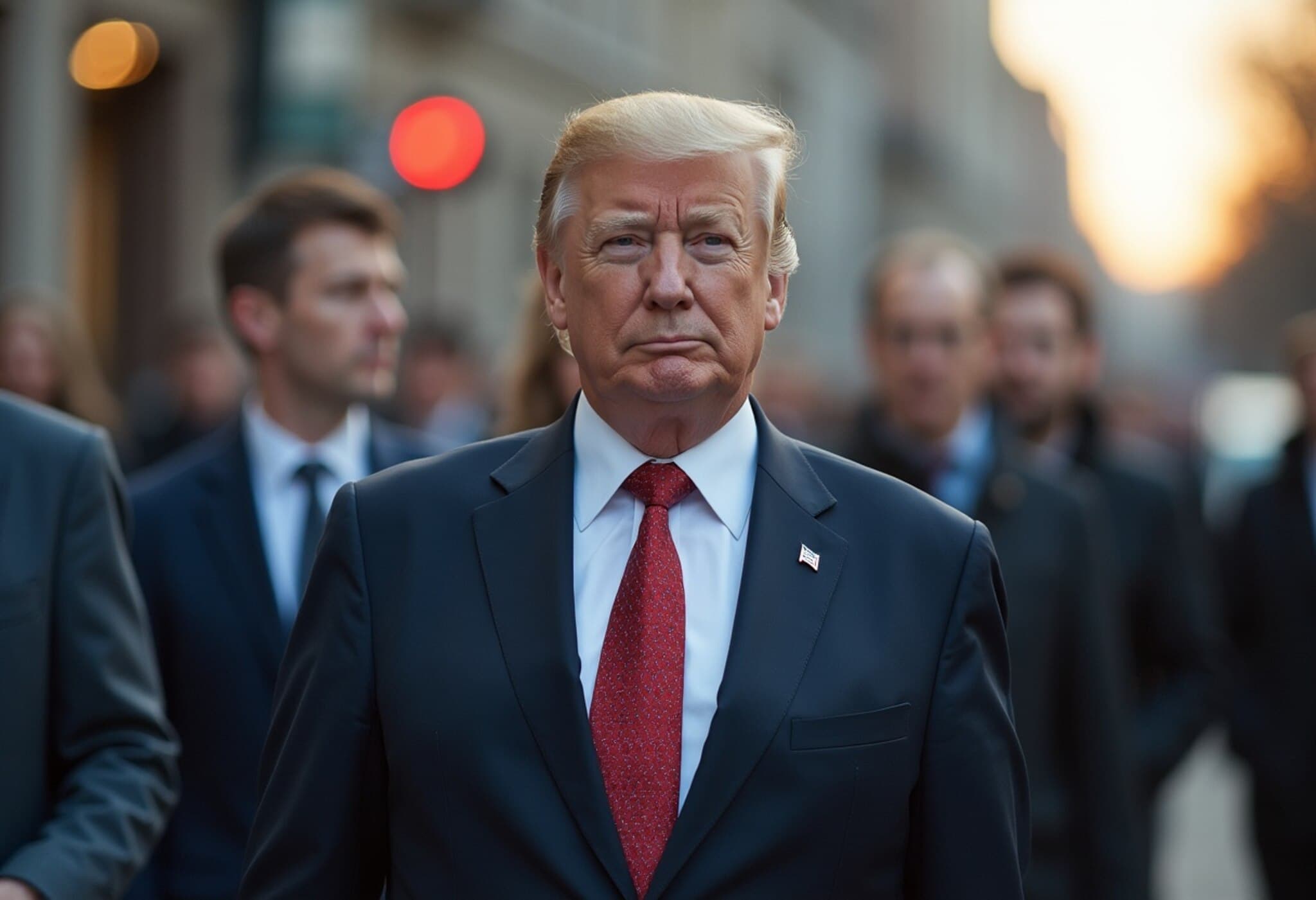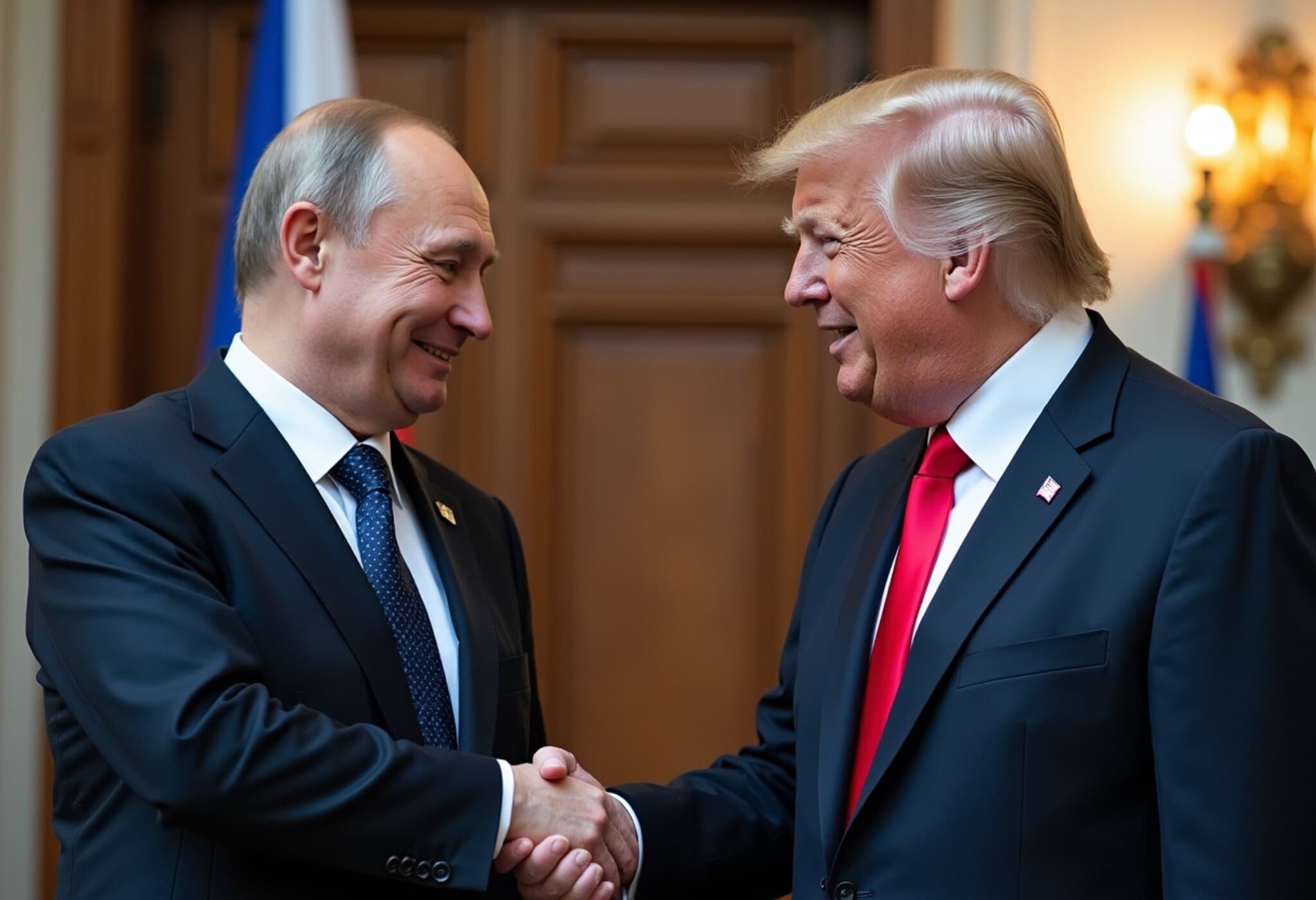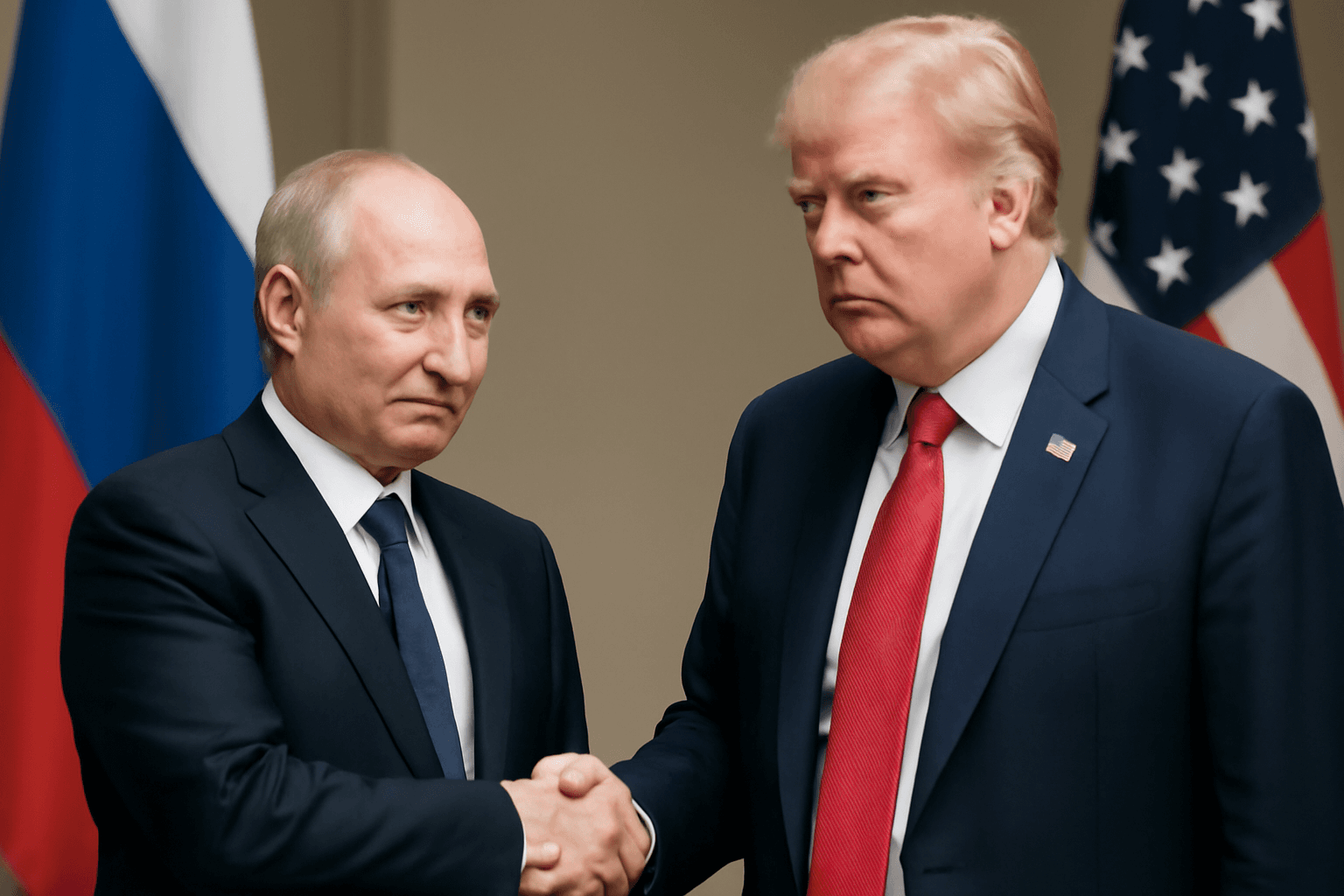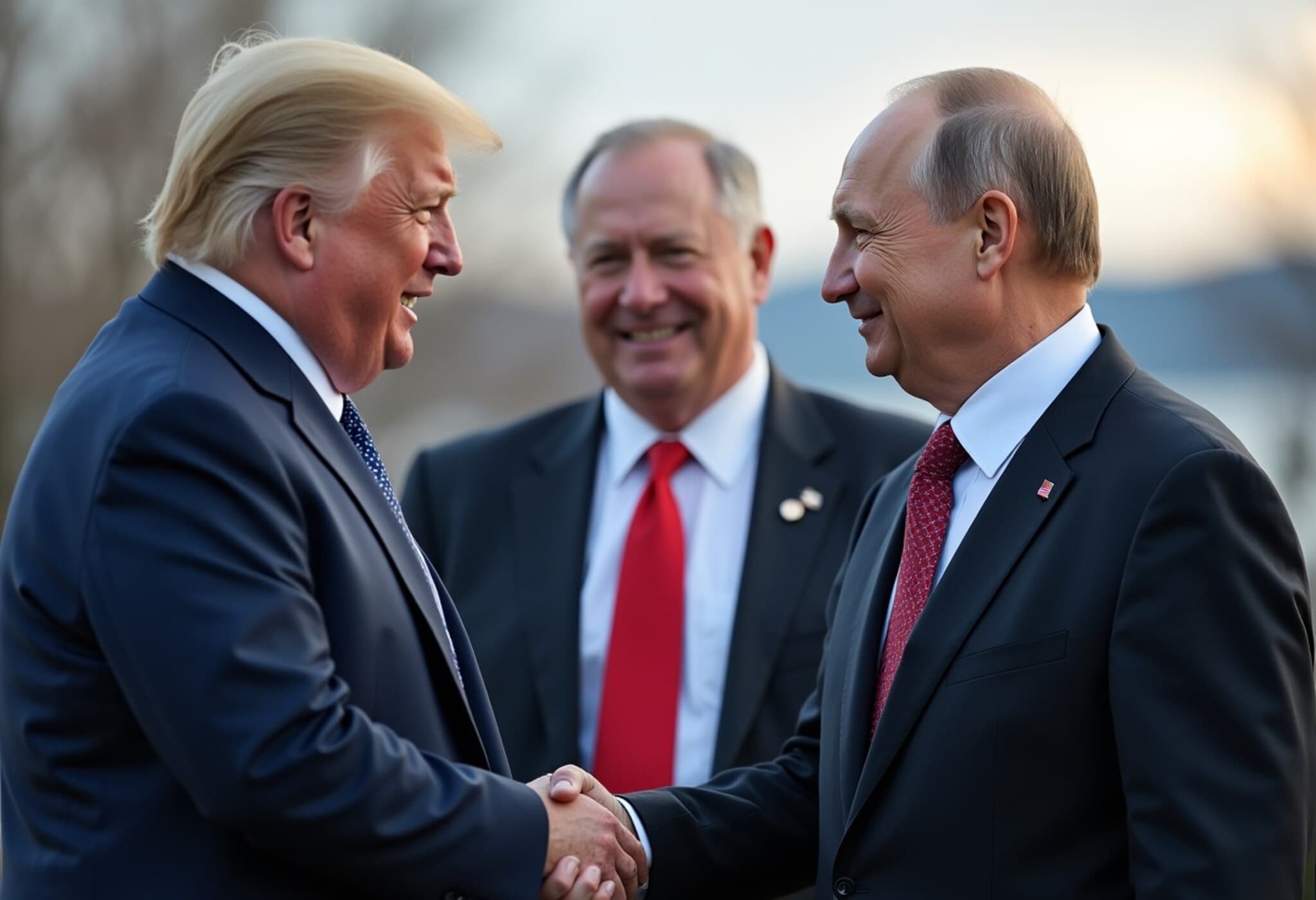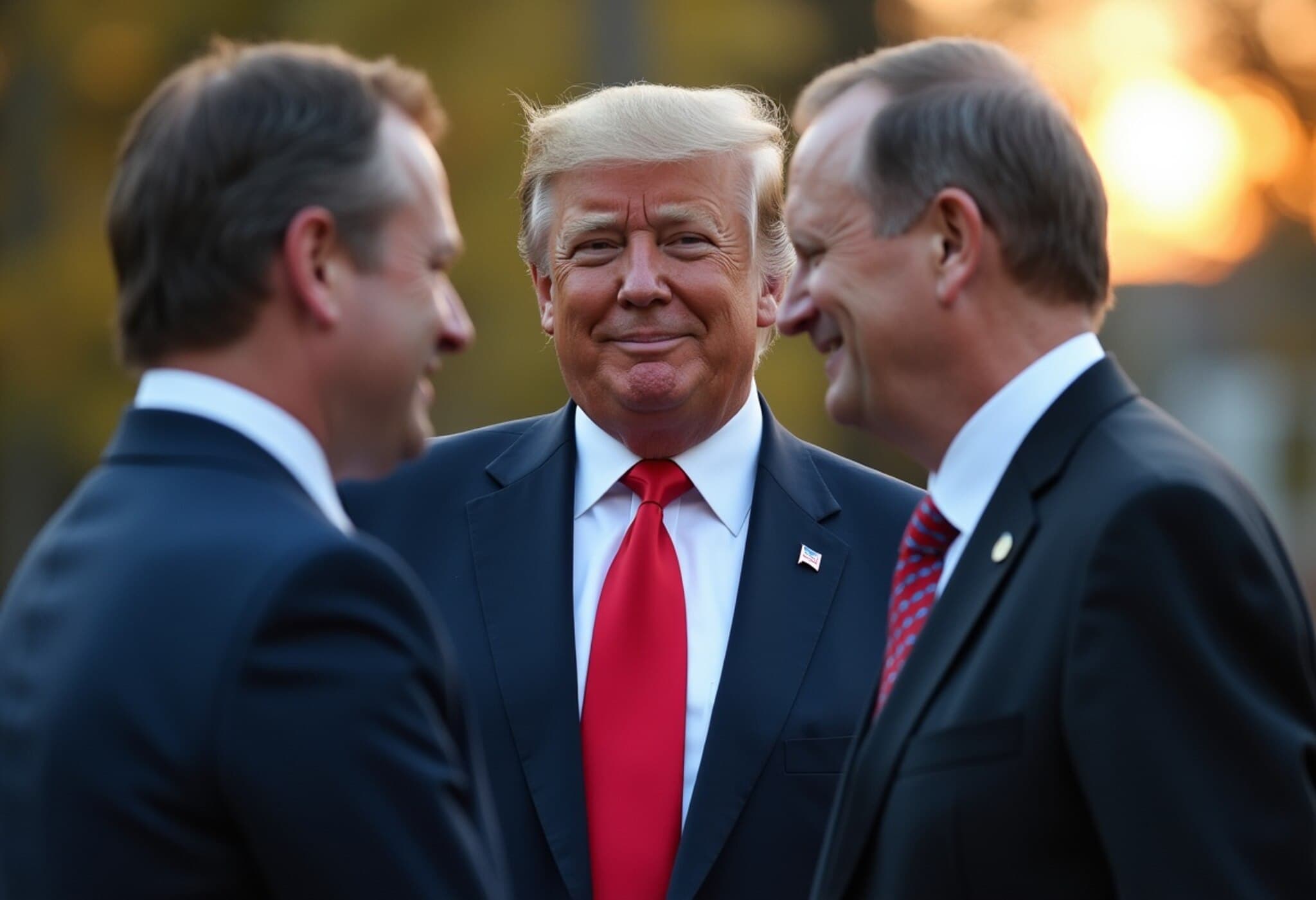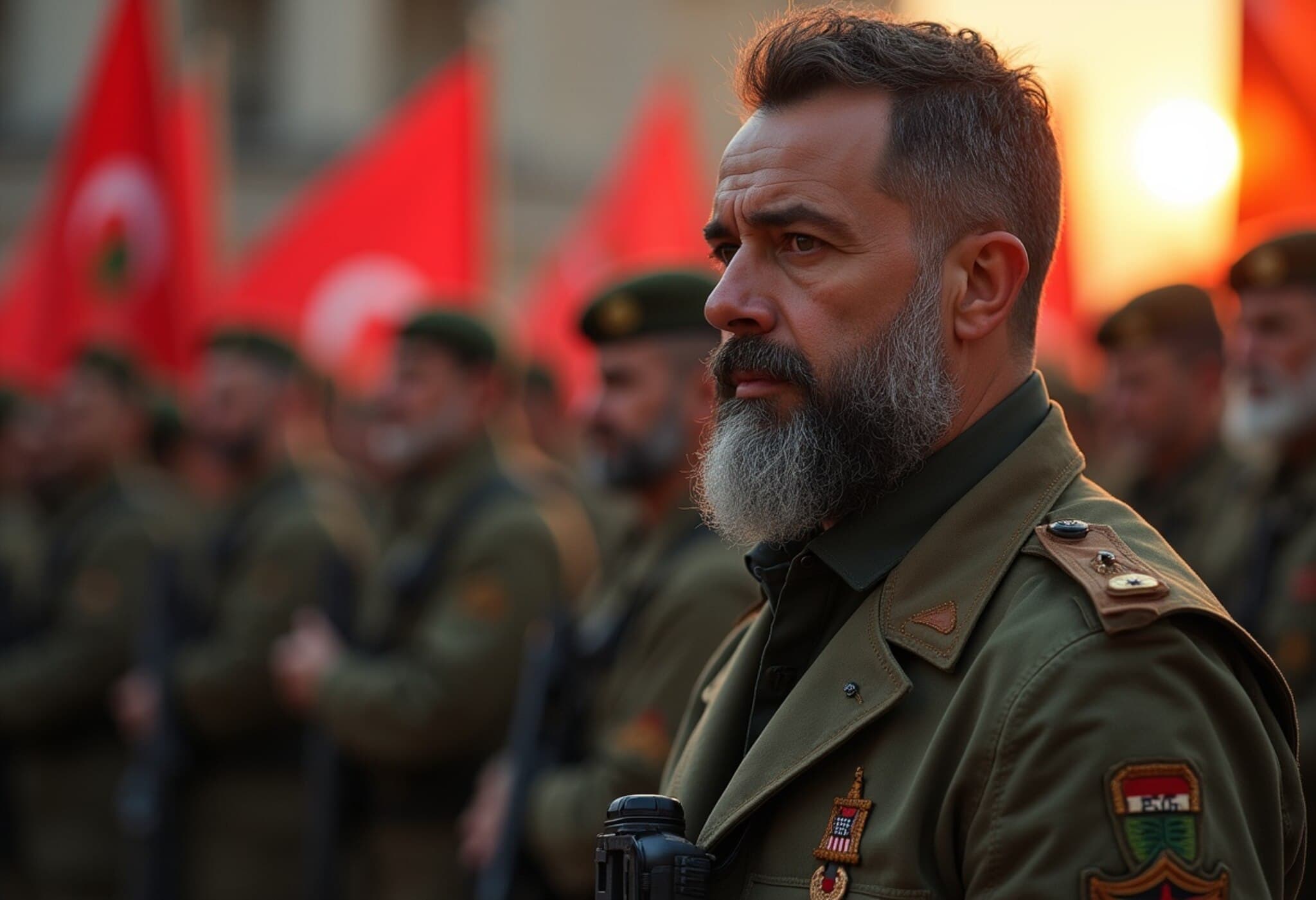German Chancellor Friedrich Merz Highlights US-Europe Alignment Ahead of Trump-Putin Talks
In a significant development ahead of the highly anticipated Russia-US summit scheduled for this Friday in Alaska, German Chancellor Friedrich Merz expressed cautious optimism about progress toward peace in Ukraine. Speaking after a virtual meeting with US President Donald Trump and European leaders, Merz emphasized that Trump "largely shares" Europe's stance on the ongoing conflict, signaling a rare convergence of transatlantic views as global tensions continue to simmer.
Building Momentum for the Alaska Summit
Merz affirmed that European leaders are dedicating efforts to ensure the summit's success, underlining a shared commitment to a ceasefire as the essential first step toward sustainable peace. “Us Europeans therefore do what we can to set the course for this meeting in the right way,” he stated.
This message comes amid intensifying international calls for diplomatic solutions to the Ukraine crisis, where violence has upended the lives of millions and strained geopolitical relations worldwide.
Core European Principles Underlined
Reiterating Europe's foundational position, Merz made it clear that borders must not be altered through military force. Any territorial discussions, Merz stressed, should be confined to the current contact lines respecting international law—a crucial red line for European governments.
He also highlighted the importance of providing robust security guarantees for Ukraine, which remain a key element of Europe’s strategy alongside sustained pressure on Russia. Merz warned that if Russia shows no sign of concession in Alaska, the US and European nations must intensify diplomatic and economic pressures.
Trump’s Role: A Partner in European Strategy?
Describing his talks with President Trump as "very good" and "constructive," Merz expressed hope that dialogue could lead to tangible breakthroughs. Trump’s willingness to align closely with Europe’s approach marks a pivotal moment, given his previous administration’s mixed record on Russia and Ukraine.
“There is hope that something is moving. There’s hope that there could be peace in Ukraine,” Merz concluded, cautiously optimistic but grounded in the realities of complex geopolitical negotiations.
Ukrainian President Zelenskyy Calls for Unity and New Sanctions
Joining Merz in the call for diplomatic progress, Ukrainian President Volodymyr Zelenskyy welcomed the intensive coordination between Ukraine and its European partners. Emphasizing that “what concerns Ukraine must be discussed with Ukraine,” he reinforced his stance against any territorial concessions outside the Ukrainian constitution’s framework.
Zelenskyy also endorsed a potential three-way summit featuring himself, Trump, and Putin, seeing it as an opportunity to push for an immediate ceasefire, which he described as the summit's central imperative.
Maintaining a Firm Position on Territorial Integrity
When questioned about flexibility on territorial issues, Zelenskyy firmly declined to compromise, prioritizing the will of the Ukrainian people and constitutional protections. He warned that failure on Russia’s part to agree to a ceasefire should result in escalated sanctions, highlighting skepticism about Putin’s claims of sanction immunity.
Post-Summit Coordination and Next Steps
President Trump reportedly assured Zelenskyy he would debrief him immediately after the Alaska talks, emphasizing the collaborative approach should negotiations falter.
Allied Support and Perspectives
Outside of the immediate summit participants, NATO Secretary General Mark Rutte praised the leadership and alliance unity evident during recent coordination efforts, remarking, “The ball is now in Putin’s court.”
European Commission President Ursula von der Leyen mirrored this positive outlook, acknowledging strengthened common ground between Europe, the US, and NATO with a shared commitment to a just and lasting peace.
The UK government, through Prime Minister Keir Starmer’s office, underscored unwavering UK support for Ukraine, reiterating that changes to international borders by force are unacceptable and that robust security guarantees for Ukraine are non-negotiable.
Expert Analysis: Navigating a Diplomatic Crossroads
The upcoming Alaska summit represents a rare diplomatic crossroads where demands for territorial sovereignty, security guarantees, and ceasefire commitments intersect. While Merz and Zelenskyy’s statements convey cautious hope, experts caution that the path ahead is fraught with uncertainties.
From a US policy perspective, Trump’s alignment with European views could reshape American engagement in Eastern Europe, potentially influencing Congress’s stance on aid and sanctions. However, persistent skepticism over Russia’s willingness to negotiate in good faith remains a critical hurdle.
Moreover, the focus on existing contact lines acknowledges the difficulty of reversing territorial occupations but also highlights the tension between legal principles and battlefield realities. The summit’s success or failure may reverberate well beyond the immediate parties, affecting NATO’s unity and the geopolitical stability of the region.
Looking Ahead: Will Alaska Deliver Peace?
As the world watches the Alaska summit approach, several questions loom large:
- Can Trump’s reportedly conciliatory stance bridge longstanding gaps between Moscow and Kyiv?
- Will Russia respond positively to increased international pressure or escalate further?
- How will European and NATO allies sustain unity if negotiations stall?
- What mechanisms will ensure any ceasefire transitions into durable peace?
The summit’s outcomes will not only shape the immediate conflict dynamics but also set a precedent for international conflict resolution in a deeply fractured world.
Editor's Note
The unfolding diplomatic dance ahead of the US-Russia Alaska summit epitomizes the complexity of modern geopolitics where national interests, international law, and humanitarian concerns collide. German Chancellor Merz’s message of cautious hope, supported by President Zelenskyy’s steadfastness and allied solidarity, underscores a delicate balance between realism and aspiration. As readers, staying informed and critically engaged is essential to understanding how such high-stakes dialogues influence global peace prospects and security.


